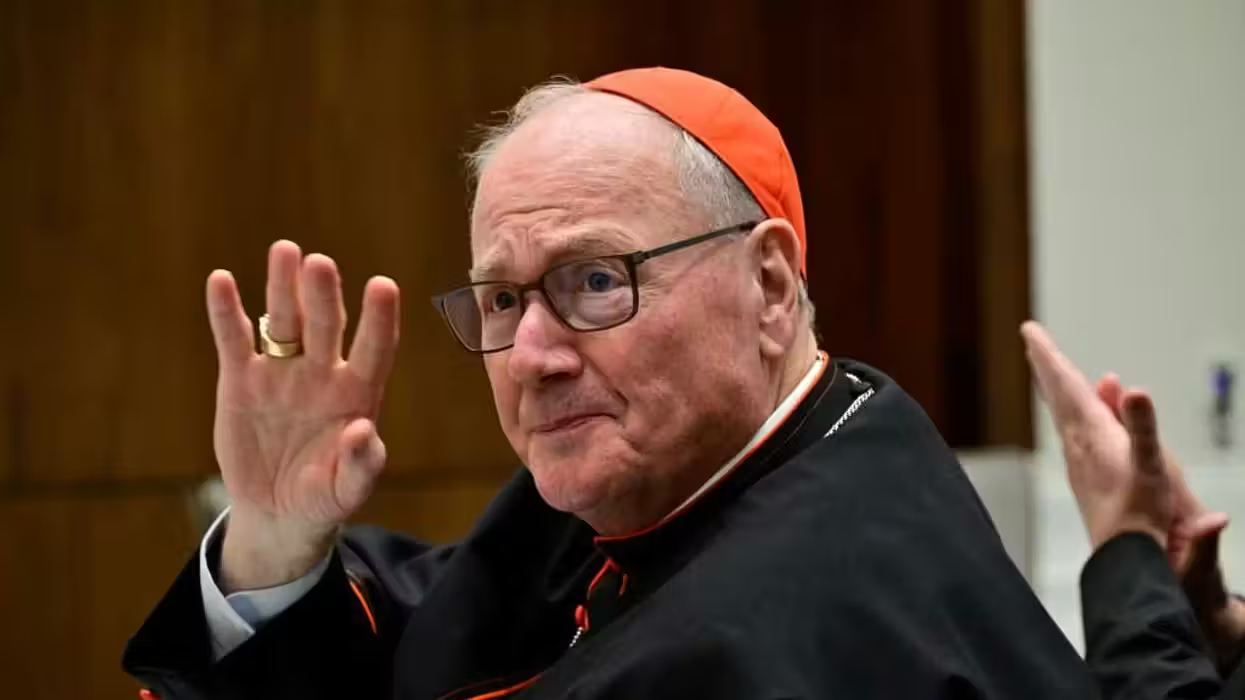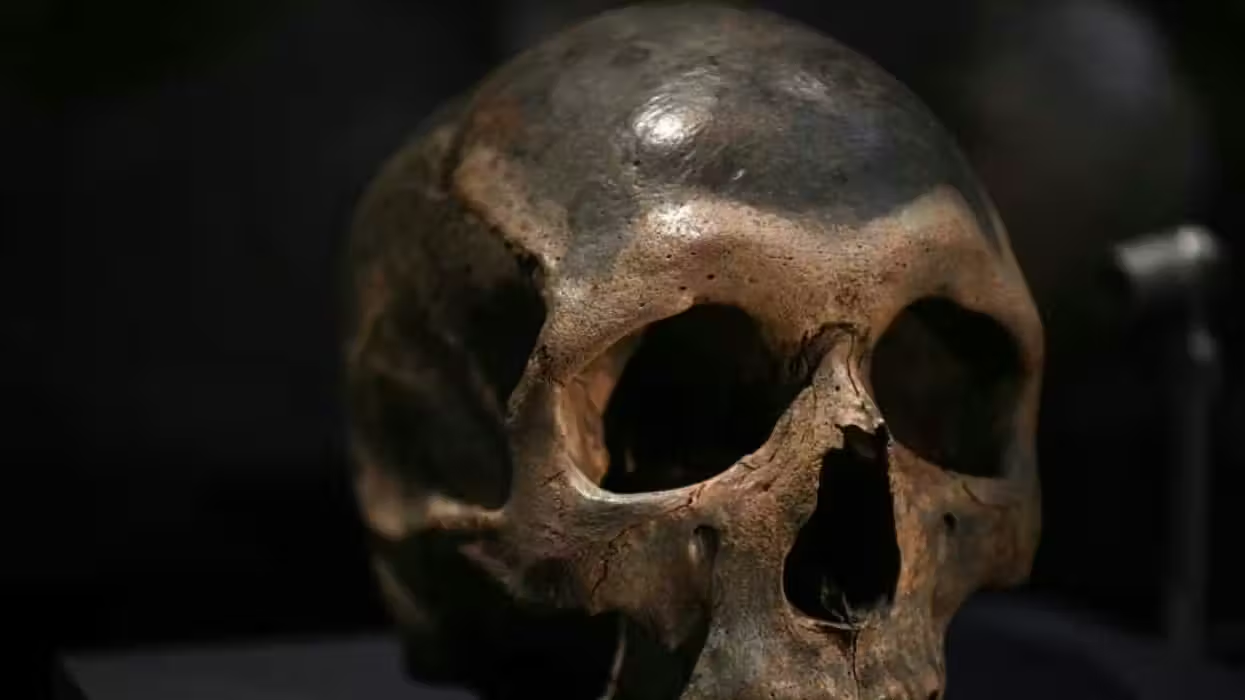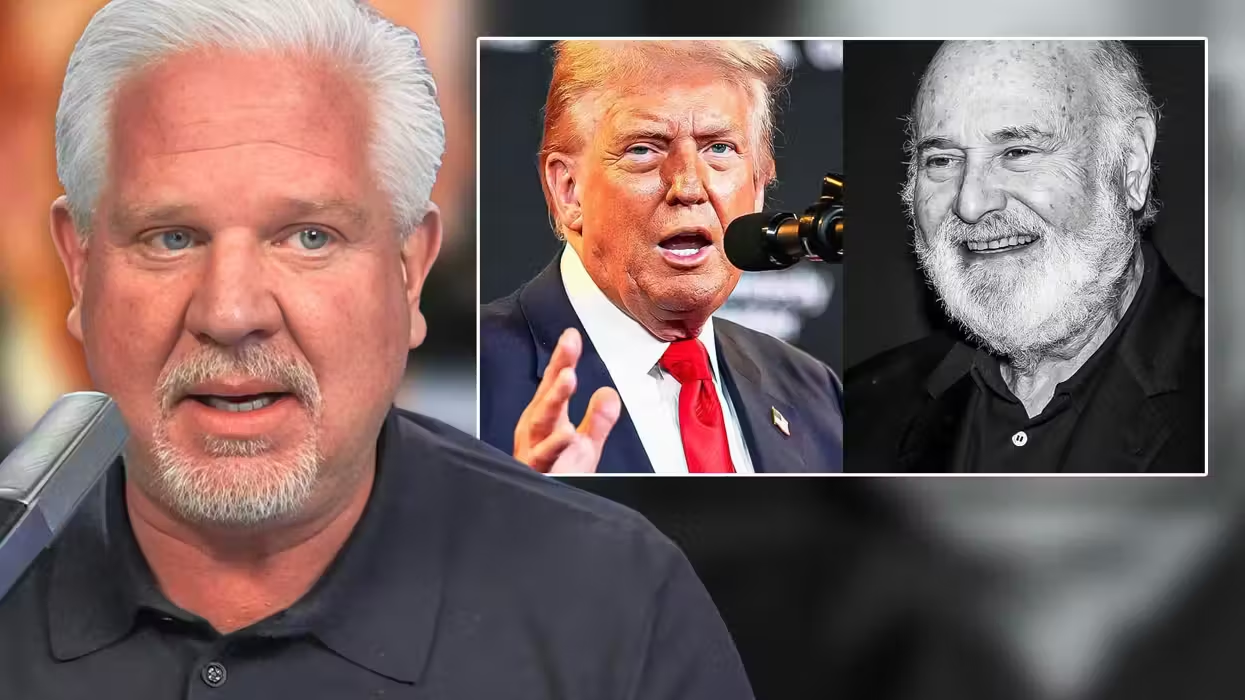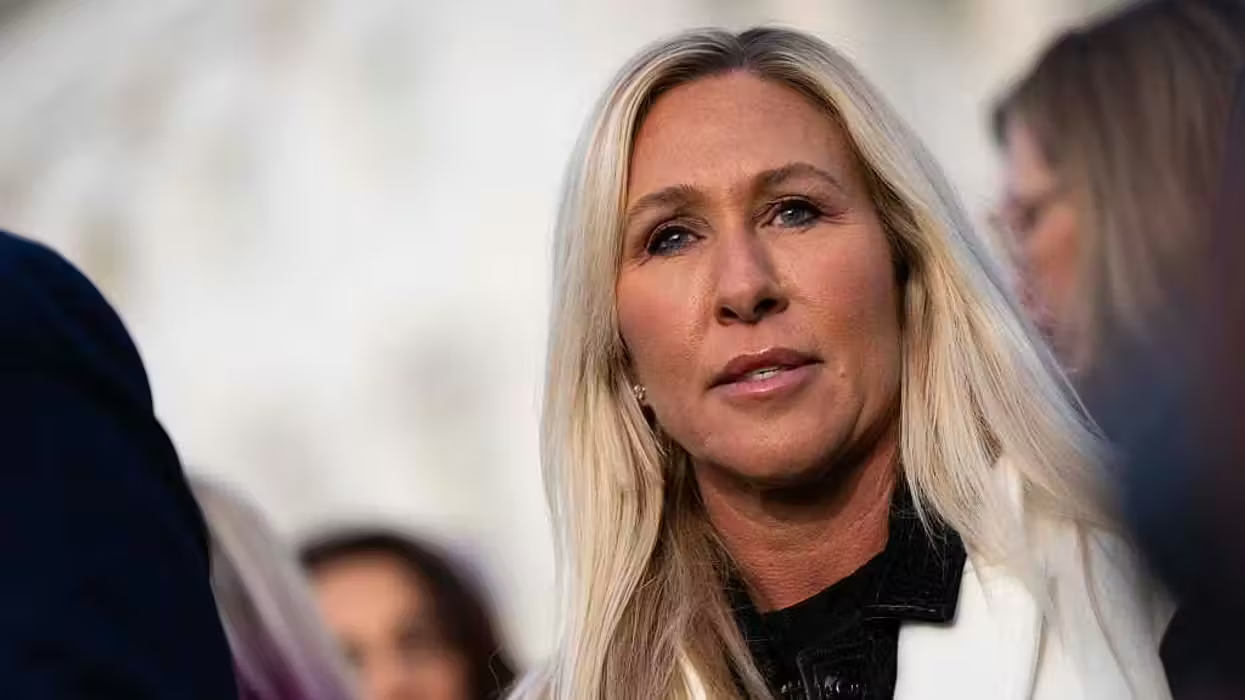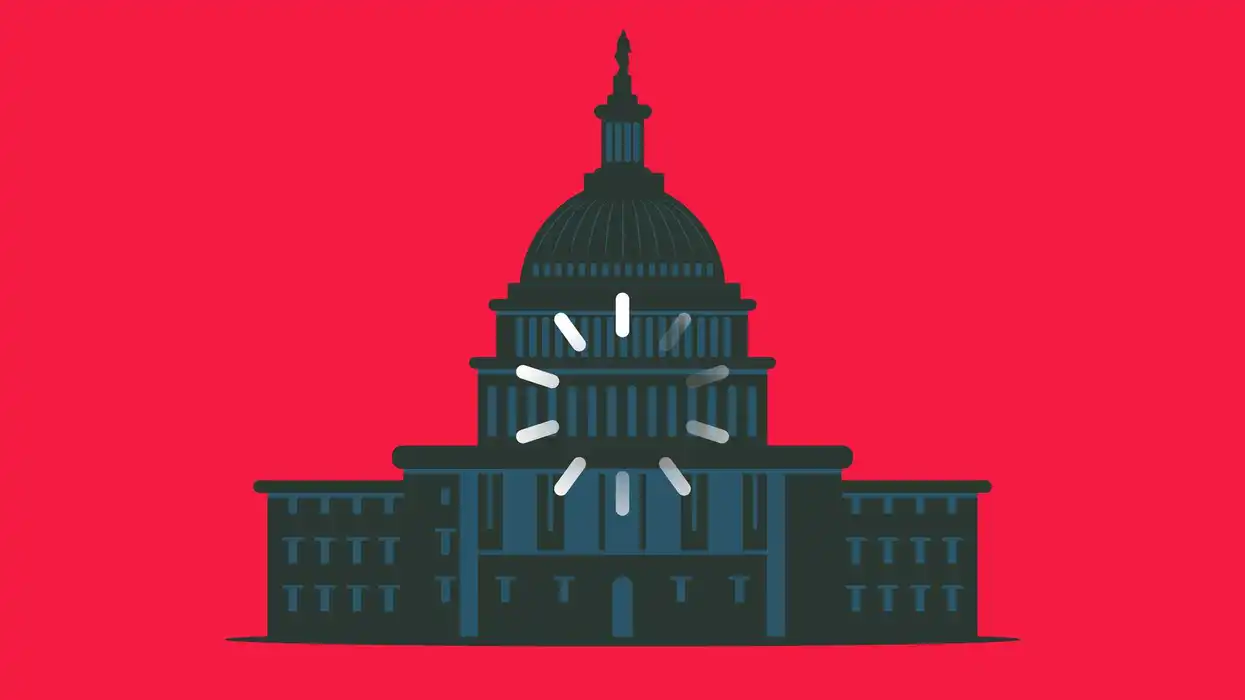© 2025 Blaze Media LLC. All rights reserved.
Is the Obama Admin Really Attacking the Catholic Church By Placing the Vatican on a Financial Crimes List?
March 12, 2012
"...we are happy that we have been put in the State Department's less vulnerable category."

The Obama administration's ongoing fight with the Catholic Church over religious freedom and the now-infamous contraceptive mandate hasn't shown any signs of simmering. But now, just weeks after the initial arguments reached a boiling point, a new development is causing some to wonder if the Obama administration is waging a full-scale assault on the religious institution. Why, you ask?
For the first time, the Vatican has found itself on the U.S. State Department's list of potential money-launderers. While this is potentially inflammatory on the surface, digging into the facts and details provides a more balanced scope through which to view the designation. This new-found dishonor, once all of the details are considered, is nowhere near as problematic as some critics would contend.
Last Wednesday, the "2012 International Narcotics Control Strategy Report" was released to the public. The document lists 190 nations and classifies them in terms of "primary concern," "of concern" and "monitored" (in order from most dangerous to least). The Vatican joins Poland, Egypt, Chile -- 67 other countries -- in being labeled as "of concern" (the middle category).

According to the State Department, the Vatican made the list because it is considered vulnerable to laundering and because it had recently put a program into place to prevent financial abuses. Clearly, there are issues of concern, but the Catholic Church is taking measures to address these elements.
"While the actual money-laundering problem in jurisdictions classified as 'Jurisdictions of Concern' is not as acute as in those considered to be of 'Primary Concern,' they too must undertake efforts to develop or enhance their anti-money laundering regimes," the report reads.
"To be considered a jurisdiction of concern merely indicates that there is a vulnerability to a financial system by money launderers. With the large volumes of international currency that goes through the Holy See, it is a system that makes it vulnerable as a potential money-laundering center,"explained Susan Pittman of the State Department's Bureau of International Narcotics and Law Enforcement.
The Vatican's implemented regulations, which came into effect last year, would allow the body to follow international law and standards. The church is hoping to be included on the European Commission's "white list," which showcases the nations and bodies that follow strict regulations against laundering and fraud. As Reuters reports, a decision about whether the Vatican will be placed on this list is expected to come in June.

So, while the Vatican is a potential hub for fraud and abuse, it is not being placed on a highly minored or "red alert" list. However, despite this middle-of-the-road categorization, it is important to note that there are definitive issues surrounding the Vatican's finances. The Daily Mail reports:
The news [of the Holy See's addition to the State Department list] comes just weeks after a series of leaked documents from within the Vatican and which were dubbed 'Vatileaks', revealed allegations of corruption and money laundering within the Holy See and which forced officials into issuing a series of denials.The documents said that despite Pope Benedict signing a new anti money laundering law to make it more difficult for illegal funds to be recycled through Vatican accounts, there was a massive loophole which made it impossible to take action against any offence committed before its introduction on 1 April 2011.
Prosecutors in Rome are currently investigating two transfers totalling 23 million Euros from the Vatican Bank, or the Institute of Religious Works to give it its proper name, to two smaller banks.
 That being said, it doesn't appear that the State Department's actions were sinister. After all, the U.S. has listed itself, Germany, Italy and Russia in the most vulnerable category -- an action that may seem extremely odd to observers. But the designation comes due to the size of each nation's economy and banking systems. These large-scale operations can more easily allow for money laundering to take place. The State Department document describes this most serious category as follows:
That being said, it doesn't appear that the State Department's actions were sinister. After all, the U.S. has listed itself, Germany, Italy and Russia in the most vulnerable category -- an action that may seem extremely odd to observers. But the designation comes due to the size of each nation's economy and banking systems. These large-scale operations can more easily allow for money laundering to take place. The State Department document describes this most serious category as follows:
Jurisdictions of Primary Concern are those that are identified, pursuant to INCSR reporting requirements, as ―major money laundering countries. A major money laundering country is defined by statute as one ―whose financial institutions engage in currency transactions involving significant amounts of proceeds from international narcotics trafficking. However, the complex nature of money laundering transactions today makes it difficult in many cases to distinguish the proceeds of narcotics trafficking from the proceeds of other serious crime.
At least one confidential Vatican source seems to see the addition as a positive move.
"Our aim is to make the 'white list' and we are happy that we have been put in the State Department's less vulnerable category," an unnamed official told Reuters.
Considering the Vatican's past financial troubles, placing it on a moderate risk list doesn't seem unreasonable. While the Obama administration certainly has had its violations on the religious freedom front, being careful to properly vett each allegation is immensely important.
Want to leave a tip?
We answer to you. Help keep our content free of advertisers and big tech censorship by leaving a tip today.
Want to join the conversation?
Already a subscriber?
Billy Hallowell is a digital TV host and interviewer for Faithwire and CBN News and the co-host of CBN’s "Quick Start Podcast."
Billy Hallowell
Billy Hallowell is a digital TV host and interviewer for Faithwire and CBN News and the co-host of CBN’s "Quick Start Podcast."
more stories
Sign up for the Blaze newsletter
By signing up, you agree to our Privacy Policy and Terms of Use, and agree to receive content that may sometimes include advertisements. You may opt out at any time.
Related Content
© 2025 Blaze Media LLC. All rights reserved.
Get the stories that matter most delivered directly to your inbox.
By signing up, you agree to our Privacy Policy and Terms of Use, and agree to receive content that may sometimes include advertisements. You may opt out at any time.

